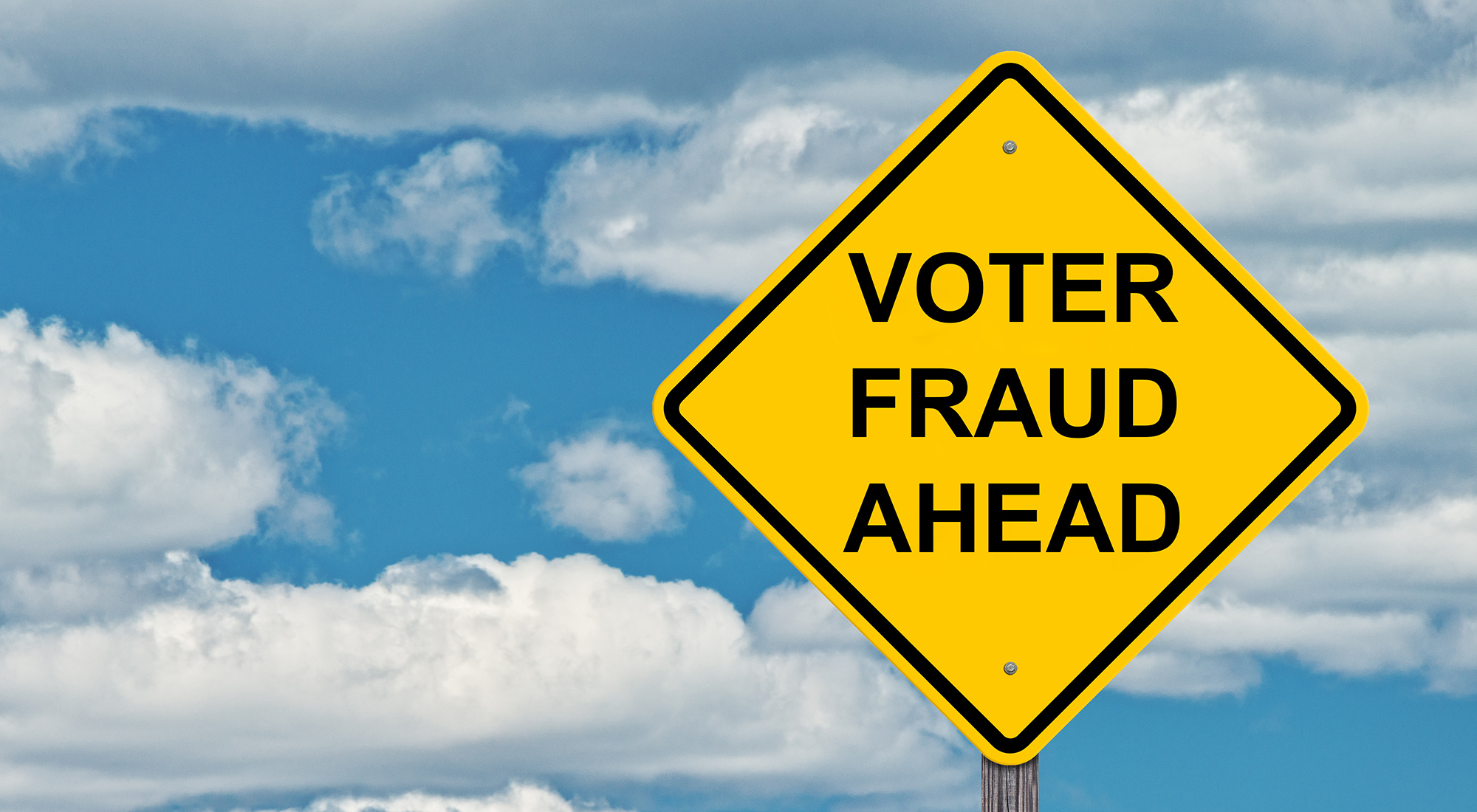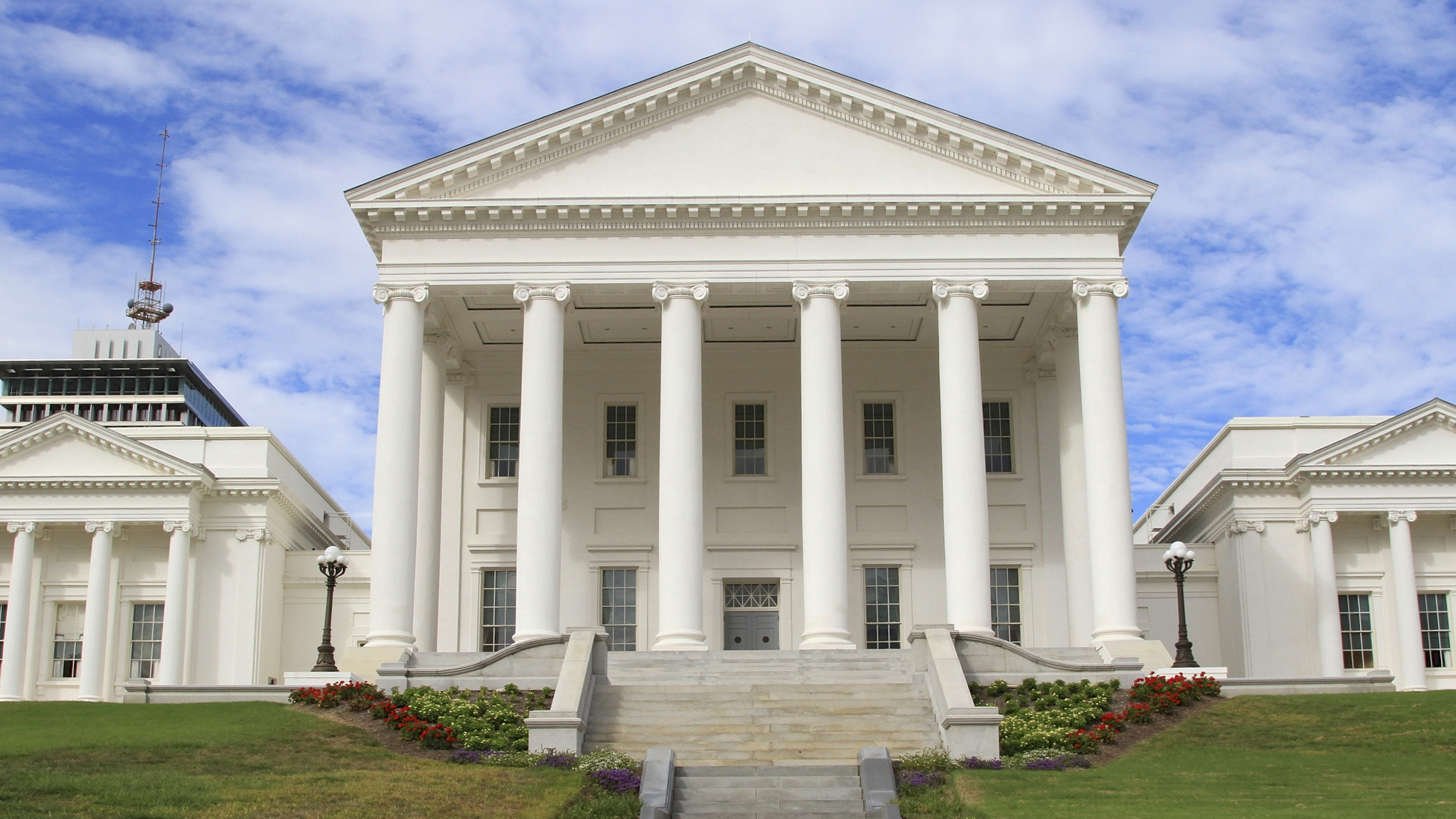Earlier today, Texas Secretary of State David Whitley announced that a year-long investigation into voter fraud in the Lone Star State identified 95,000 non-citizens on the voter rolls, 58,000 of whom were confirmed to have voted in one or more elections.
“Through this evaluation, the Texas Secretary of State’s office discovered that a total of approximately 95,000 individuals identified by DPS as non-U.S. citizens have a matching voter registration record in Texas, approximately 58,000 of whom have voted in one or more Texas elections,” said Whitley’s office, in a news release.
In response, Texas Attorney General Ken Paxton said his Electon Fraud Unit “stands ready to investigate and prosecute crimes against the democratic process when needed.”
The sweeping voter fraud was uncovered by cross-referencing information between various government databases to identify registered voters who were not legal US citizens.
The lack of database integration has long frustrated election officials across the nation. Advocates for election integrity have said that voter fraud could be greatly reduced, if lawmakers show the willingness to make use of available technology capable of identifying non-citizens, as well as voters who have moved out of state.
In Virginia, state Senator Mark Peake (R-Lynchburg) has proposed legislation to do exactly that, which advanced out of committee yesterday.
Peake’s bill, SB1038, would require Virginia registrars to electronically verify the name, date of birth, and social security number of each voter against federal databases to confirm that every registered voter is a lawful citizen of Virginia and the United States.
Like Texas, Virginia is no stranger to voter fraud committed by those ineligible to register.
A 2017 investigation by the Public Interest Legal Foundation across a small, eight county sample found that more than 1000 non-citizens had been removed from voter rolls by Virginia election officials, using data provided by the government on registrations cancelled in the statewide VERIS database.
According to PILF, 200 of those illegal voters had cast ballots in elections.
The illegal registrations were confirmed in an April 4, 2017 email obtained through FOIA from Edgardo Cortes, then the Commissioner of Virginia’s Department of Elections.
“This report shows individuals that were cancelled due to self-reported non-citizen status and failed to complete an affirmation of citizenship in the allotted time frame and continue to be in cancelled status,” wrote Cortes.
In 2017, Democratic operative Andrew Spieles was sentenced to 100 days in federal prison after pleading guilty in a voter fraud conspiracy which saw false registration forms submitted by the Democratic group Harrisonburg Votes, which worked to register voters in the Shenandoah Valley and at James Madison University.
“According to evidence presented at today’s guilty plea hearing by Assistant United States Attorney Jeb Terrien, in July 2016 Spieles’ job was to register as many voters as possible and reported to Democratic Campaign headquarters in Harrisonburg,” announced the Department of Justice.
The Democratic voter fraud conspiracy was discovered after an alert registrar noticed that registration forms had been submitted bearing the names of dead people.
According to the Richmond Times-Dispatch, Spieles fabricated voter registration forms in order to meet a quota.
Republican lawmakers say voter fraud continues to be a problem in Virginia, putting them at odds with Governor Ralph Northam, who called for repealing Virginia’s voter ID law during his annual State of the Commonwealth address.
Northam’s Democratic allies have introduced legislation to repeal Virginia’s voter ID law. HB2565, from Delegate Kaye Kory (D-Falls Church) and SB1447, from Senator Mamie Locke (D-Hampton) would both remove the requirement.
Neither repeal bill is expected to pass the Republican-controlled General Assembly this year, however that could change if Democrats succeed in capturing majorities in the House of Delegates and state Senate in the fall, when all 140 seats will be up for election.
Republicans currently control the House of Delegates and Senate by razor-thin margins of 51-48 and 21-19, respectively.





